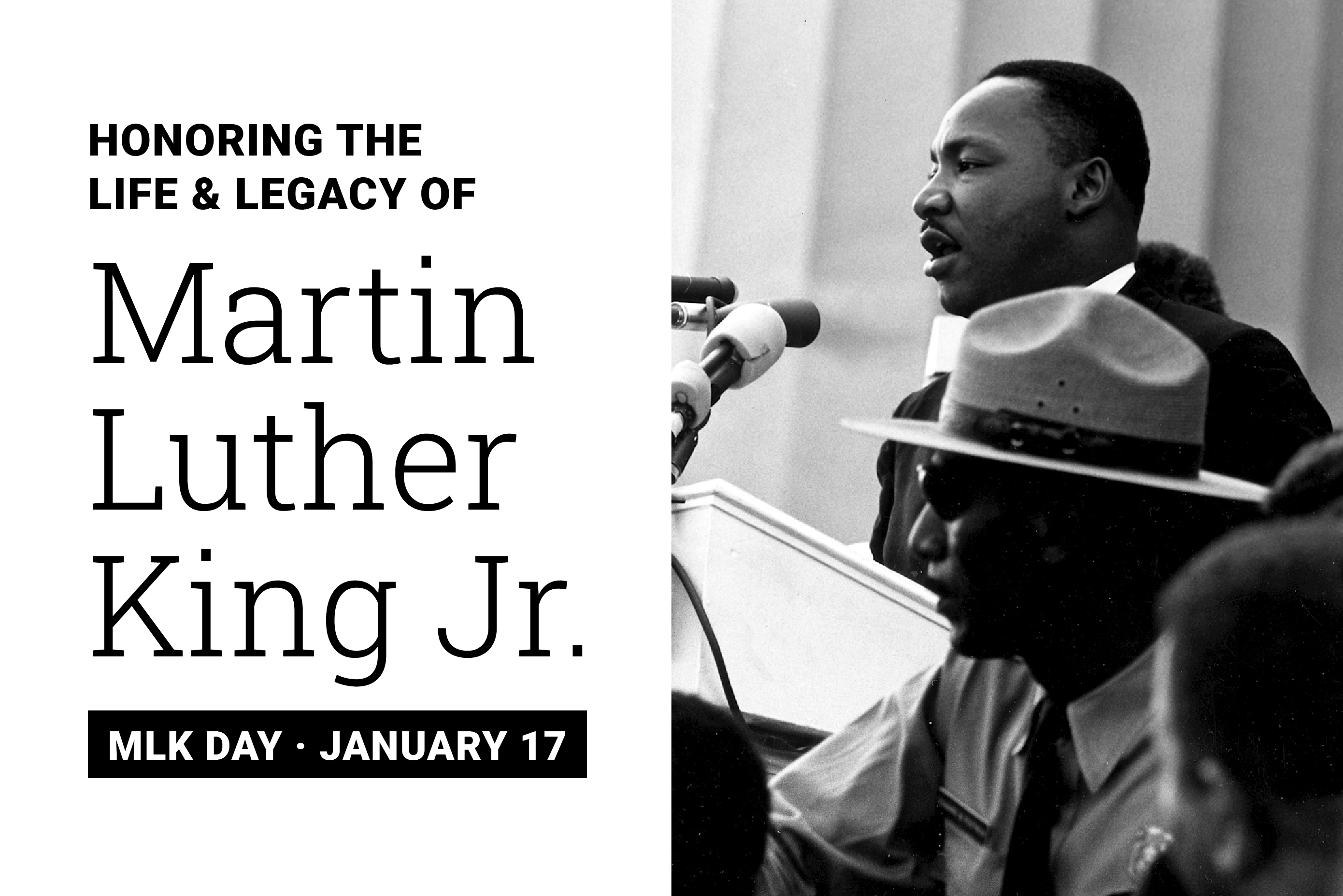The Enduring Legacy of "Christmas 1914": A Song of Peace and Reconciliation
Related Articles: The Enduring Legacy of "Christmas 1914": A Song of Peace and Reconciliation
- The Ultimate Guide To Border Collie Christmas Jumpers 2024
- Blue Christmas: A Serene And Tranquil Holiday Theme For 2024
- Christian Quotes Known By God In 2024
- Unveiling The Merriest Christmas Ukulele Songs For 2024: A Festive Symphony For The Holidays
- Top 10 Christmas Karaoke Anthems For 2024
Introduction
In this auspicious occasion, we are delighted to delve into the intriguing topic related to The Enduring Legacy of "Christmas 1914": A Song of Peace and Reconciliation. Let’s weave interesting information and offer fresh perspectives to the readers.
Table of Content
Video about The Enduring Legacy of "Christmas 1914": A Song of Peace and Reconciliation
The Enduring Legacy of "Christmas 1914": A Song of Peace and Reconciliation

In the midst of the brutal and devastating World War I, a glimmer of humanity emerged on Christmas Eve 1914. Along the Western Front, a spontaneous ceasefire took hold, allowing British and German soldiers to step out of their trenches and share a moment of peace and camaraderie. This extraordinary event inspired the creation of a poignant song, "Christmas 1914," which has become an enduring testament to the power of human connection and the longing for peace.
The Origins of the Song
The song’s origins can be traced to the Christmas truce that occurred in the Ypres salient in Belgium. As darkness descended on December 24th, 1914, German soldiers began singing Christmas carols. The British soldiers, hearing the familiar melodies, responded with their own songs. Soon, the sound of gunfire was replaced by the sound of voices raised in harmony.
In the days that followed, soldiers from both sides cautiously emerged from their trenches to exchange gifts, sing songs, and play football. The truce, though unofficial and short-lived, provided a much-needed respite from the horrors of war.
The truce inspired many soldiers to write letters and poems home, describing the extraordinary events they had witnessed. One of these letters, written by a British soldier named Bruce Bairnsfather, caught the attention of music hall performer John McDermott.
McDermott, deeply moved by Bairnsfather’s account, was inspired to write a song that would capture the spirit of the Christmas truce. With the help of lyricist Geoffrey Skeat, he penned the words and music to "Christmas 1914."
The Lyrics and Melody
The song’s lyrics are simple yet evocative, painting a vivid picture of the ceasefire:
It was Christmas in the trenches, where the frost and snow did gleam,
And the soldiers in their dugouts, they were dreaming of home,
When a voice came from the darkness, a song so sweet and clear,
It was "Silent Night," the song they loved to hear.
The melody is equally haunting, featuring a poignant mix of major and minor chords. The song’s refrain, "Peace on Earth and Mercy Mild," serves as a poignant plea for an end to the bloodshed.
The Impact and Legacy
"Christmas 1914" was an instant success, becoming one of the most popular songs of World War I. It was performed in music halls and theaters throughout Britain and the Commonwealth, and its message of peace and reconciliation resonated deeply with audiences weary of war.
In the decades that followed, the song’s popularity waned somewhat, but it experienced a resurgence in the 1960s during the Vietnam War. Anti-war activists embraced the song as an anthem for peace and used it to protest the ongoing conflict.
Today, "Christmas 1914" continues to be performed and recorded by artists around the world. It remains a powerful reminder of the human capacity for compassion and the enduring hope for peace.
The Christmas Truce: A Historical Perspective
The Christmas truce of 1914 was a remarkable event that has been the subject of much historical research and debate. While the details of the truce vary from account to account, there is no doubt that it occurred and that it had a profound impact on the soldiers involved.
The truce was not officially sanctioned by either side, and it is unclear how it began. Some historians believe that it was initiated by German soldiers who were homesick and longing for peace. Others suggest that it was a spontaneous reaction to the shared experience of Christmas.
Whatever its origins, the truce was a remarkable display of humanity amidst the horrors of war. It showed that even in the darkest of times, the human spirit can prevail.
The Enduring Message of "Christmas 1914"
"Christmas 1914" is more than just a song; it is a timeless message of peace and reconciliation. The song reminds us that even in the midst of conflict, there is always hope for human connection and compassion.
The song’s message is particularly relevant today, as the world faces new challenges and divisions. "Christmas 1914" serves as a reminder that peace is not a distant dream, but something that we can all work towards.
Conclusion
"Christmas 1914" is a song that has stood the test of time, inspiring generations with its message of peace and hope. The song is a testament to the indomitable human spirit and the enduring power of human connection. As we commemorate the 100th anniversary of the end of World War I in 2024, let us remember the lessons of Christmas 1914 and strive to build a world where peace and reconciliation prevail.








Closure
Thus, we hope this article has provided valuable insights into The Enduring Legacy of "Christmas 1914": A Song of Peace and Reconciliation. We hope you find this article informative and beneficial. See you in our next article!